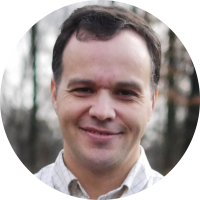Cities are terrains of social and political contestation. It is projected that 70% of the world’s population will live in cities by 2050, and cities are major engines of both economic growth and socio-economic inequality. Cities are central nodes in networks of translocal and transnational migration, including immigration, gentrification, and trafficking; they are at the forefront of efforts to adapt to anthropogenic climate change and address environmental injustices; they are, increasingly, arenas in which people mobilize to demand human rights to food, water, health, housing, education, and human dignity. In short, cities are the sites where many contemporary struggles for social justice unfold.
The Global Studies Center’s “Contested Cities” initiative seeks to situate these trends and developments in global and world-historical perspective, paying particular attention to the transnational processes – such as the financialization of housing, the privatization of water, the militarization of policing, and the localization of human rights and democracy– that have converged to make cities exemplary of contemporary globalization. While our interests in this area are broad-ranging, we have particular strength in the following areas:
- Cities as key nodes in global networks;
- Historical processes of urban transformation;
- Connecting global processes with local experiences;
- The right to the city and the global human rights cities movement;
- Housing as a human right;
- Cities and migration;
- Cities and global health;
- Urban education;
- Struggles over sustainability;
- Processes of mutual accountability;
- Debates over smart cities and the role of technology in urban management and surveillance.





